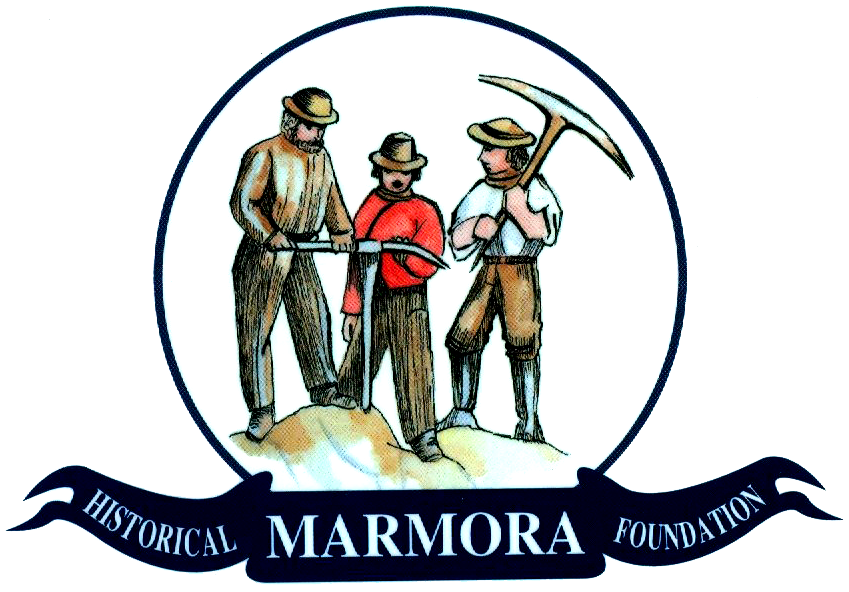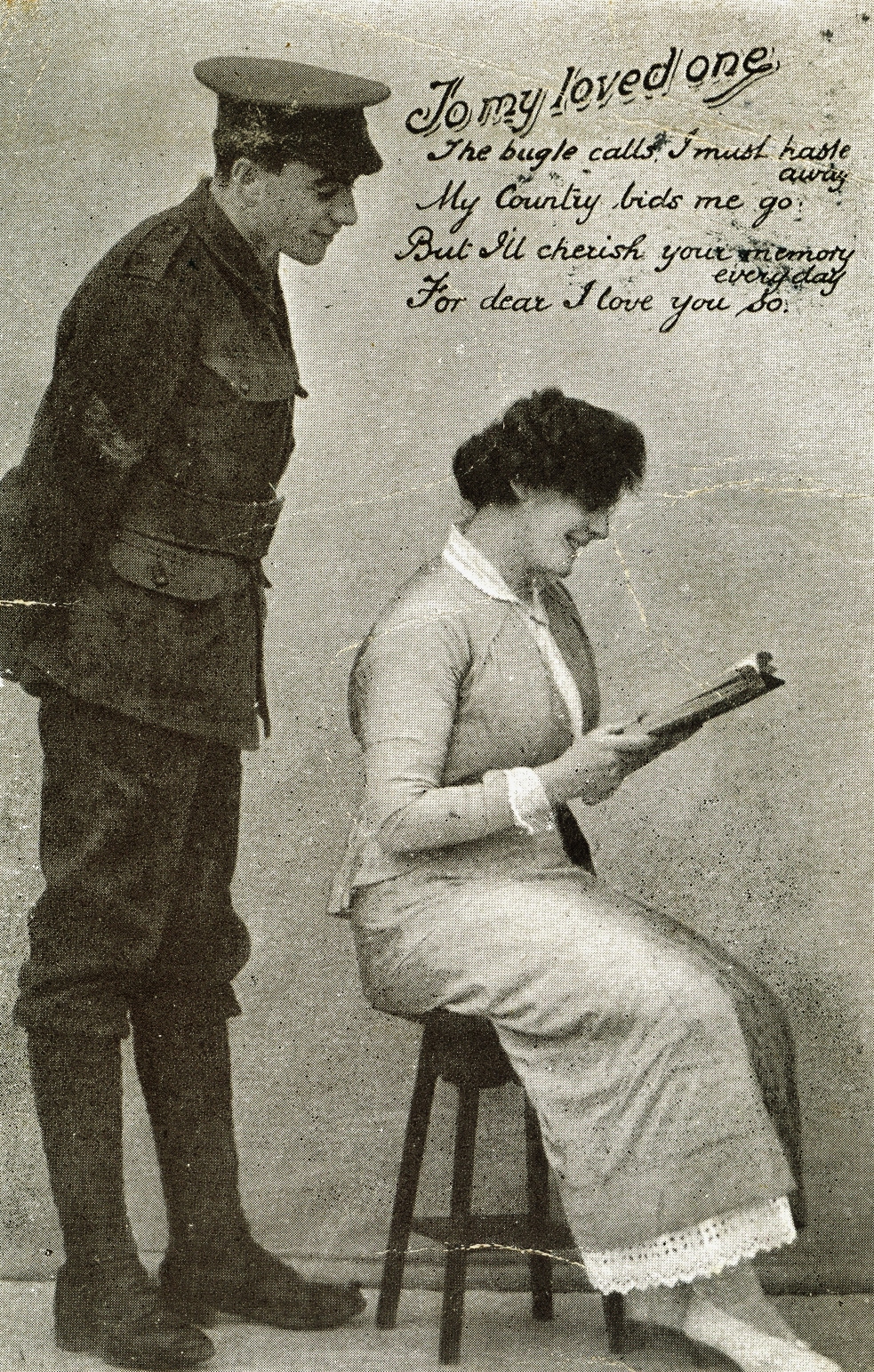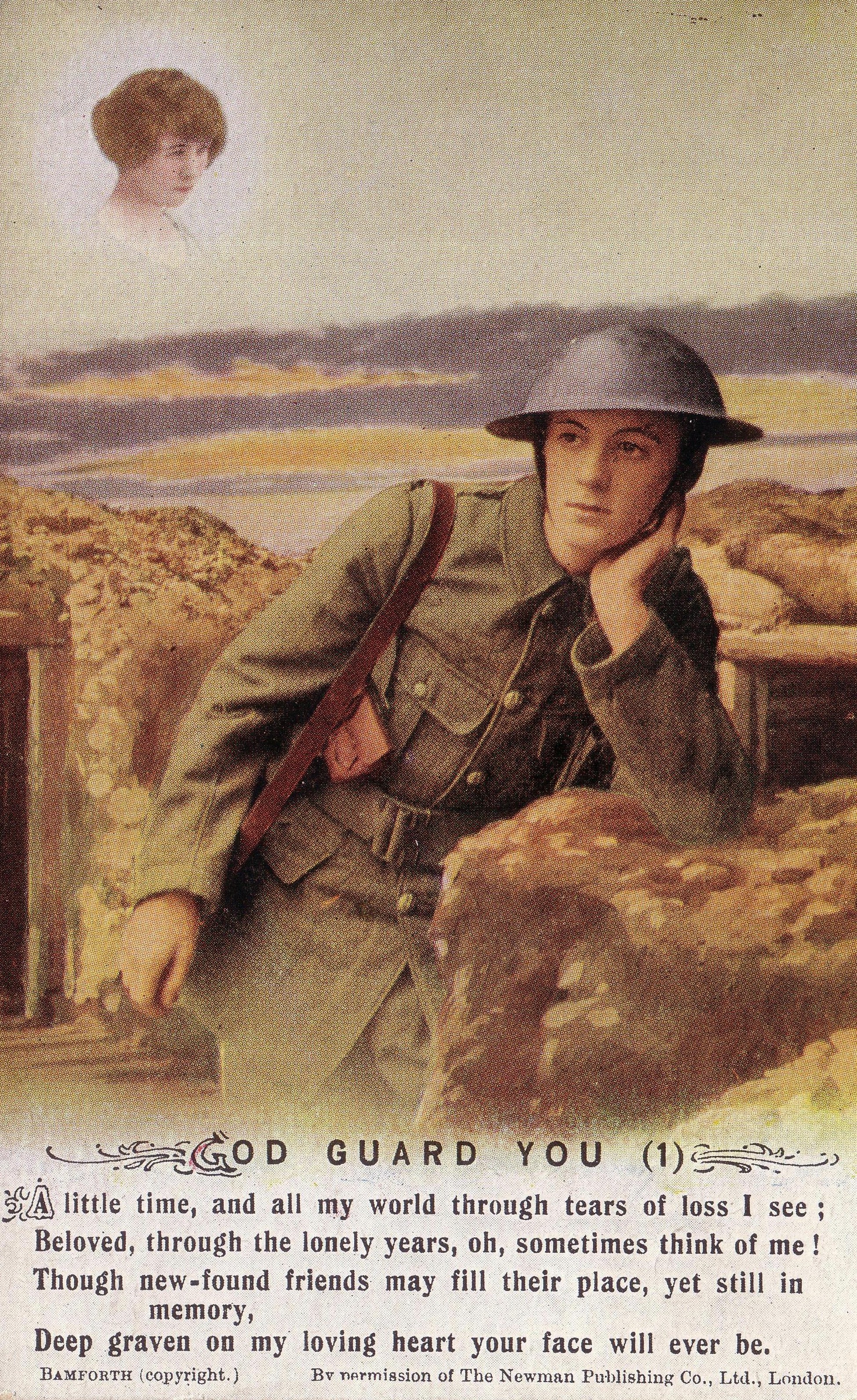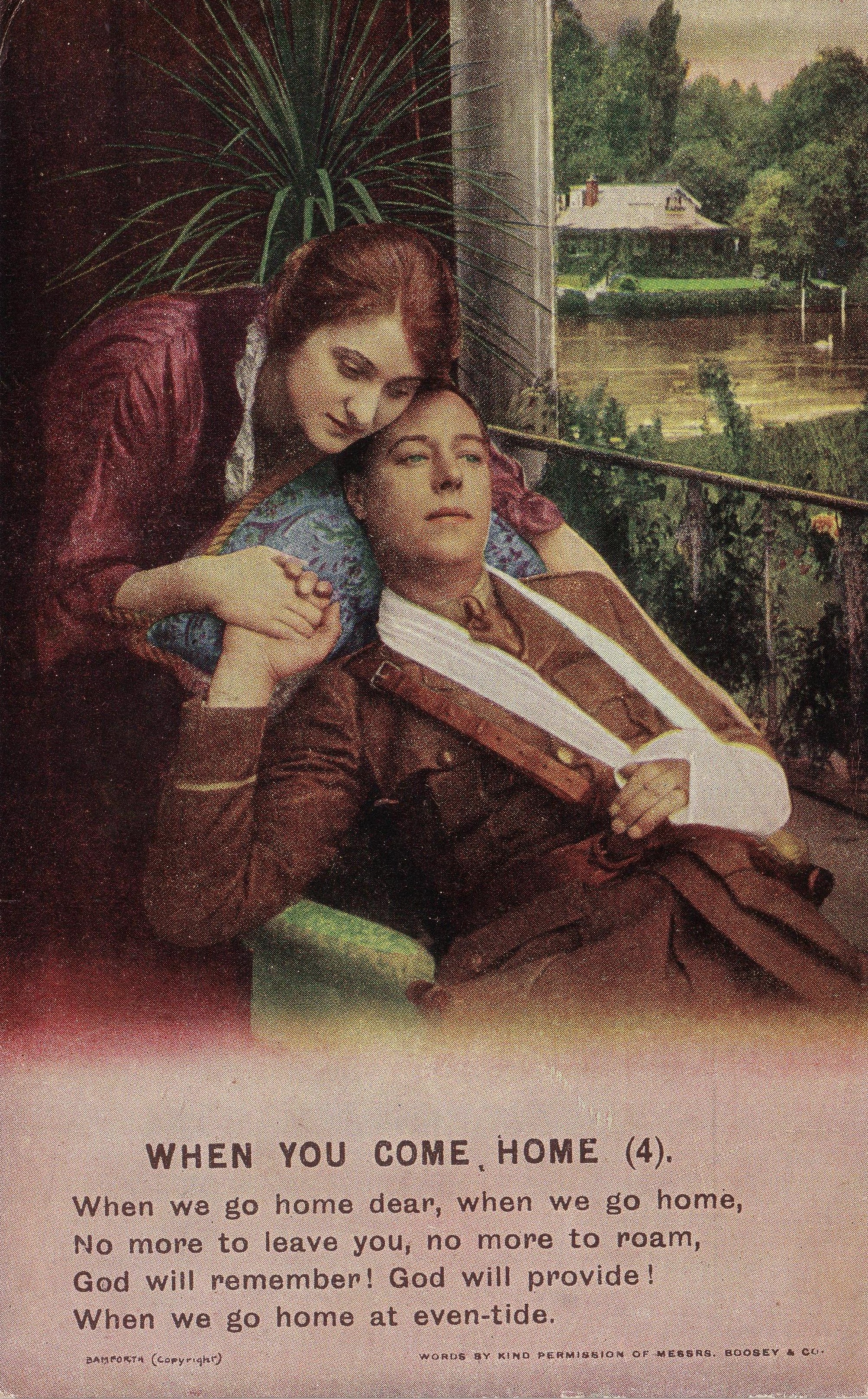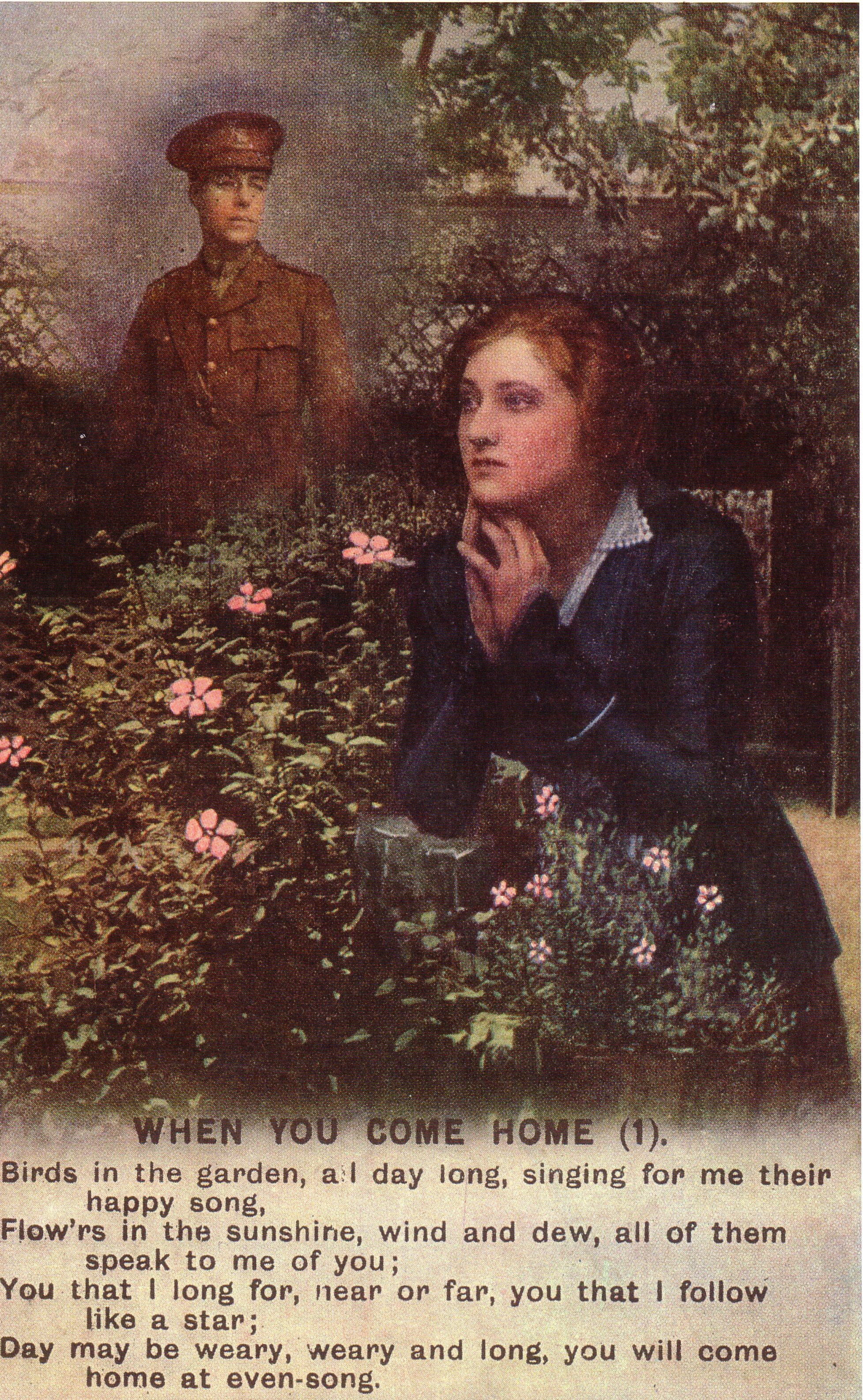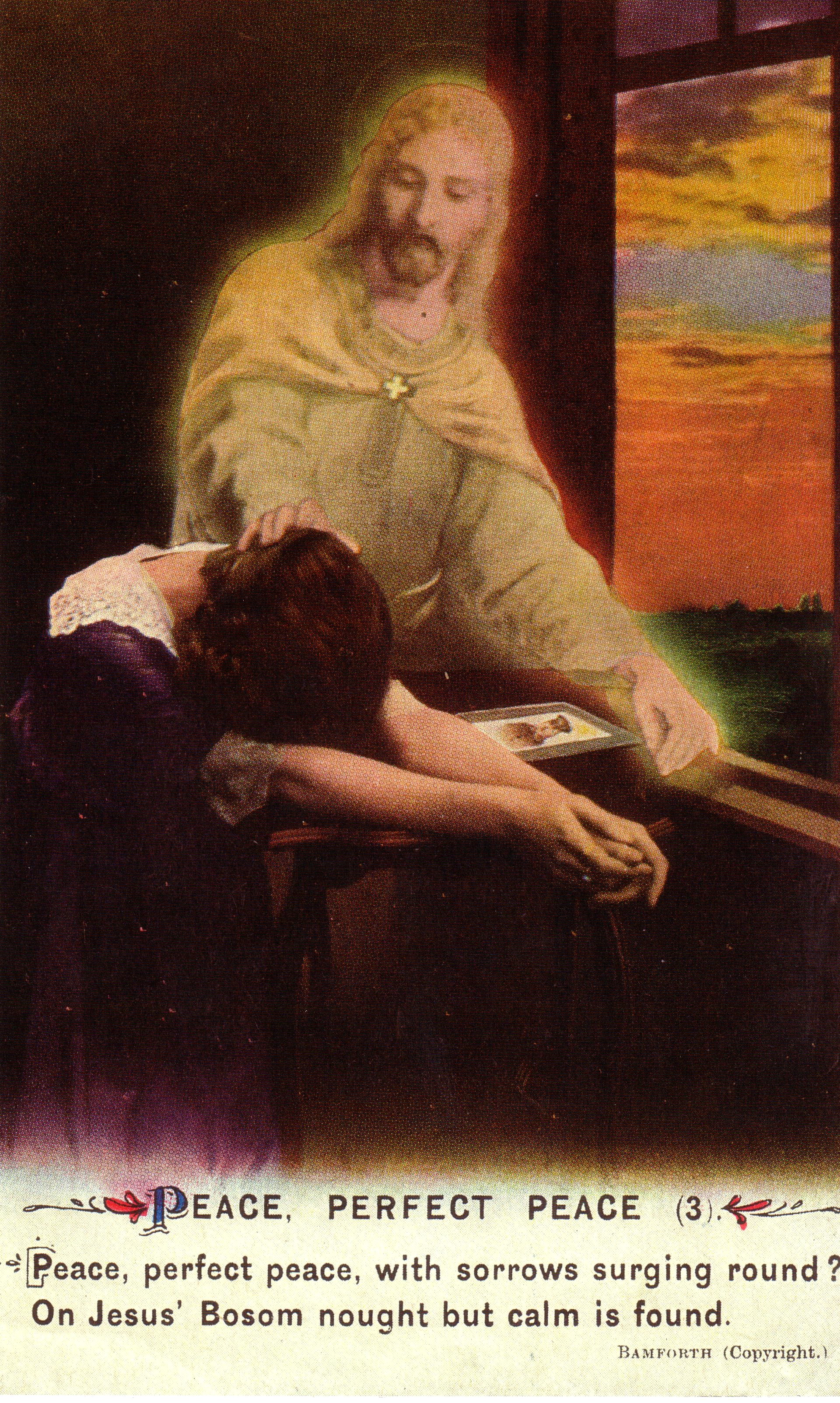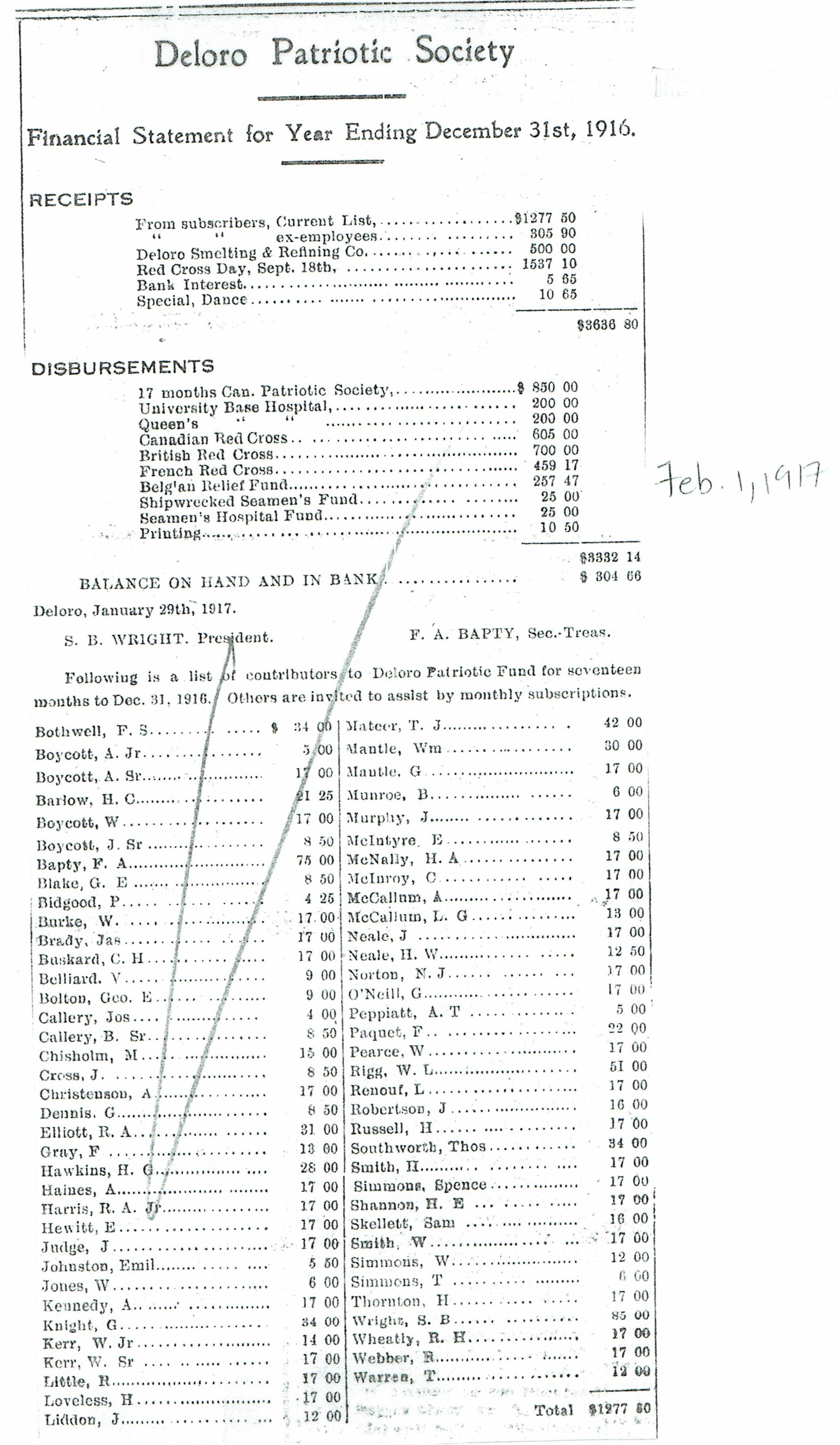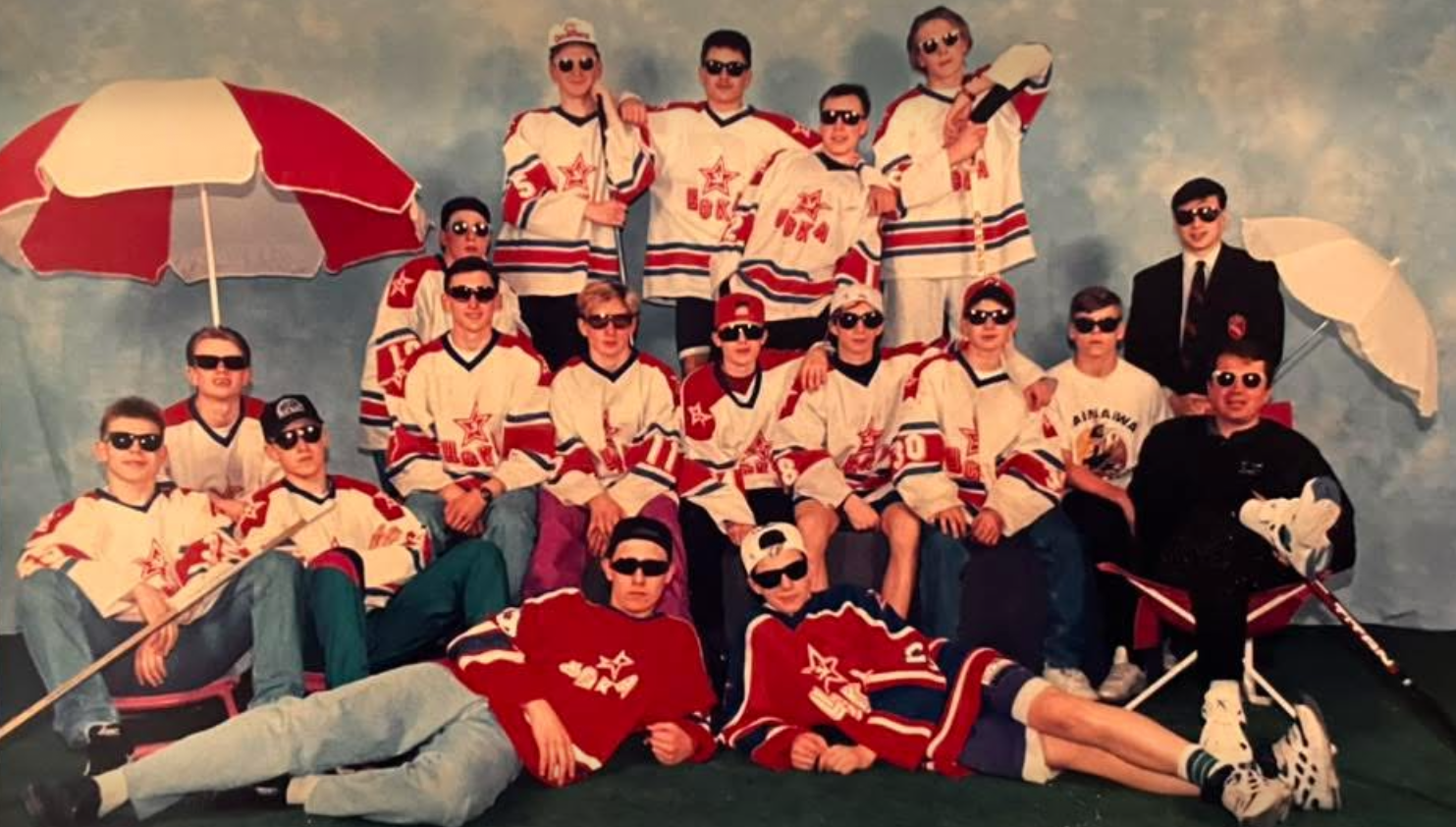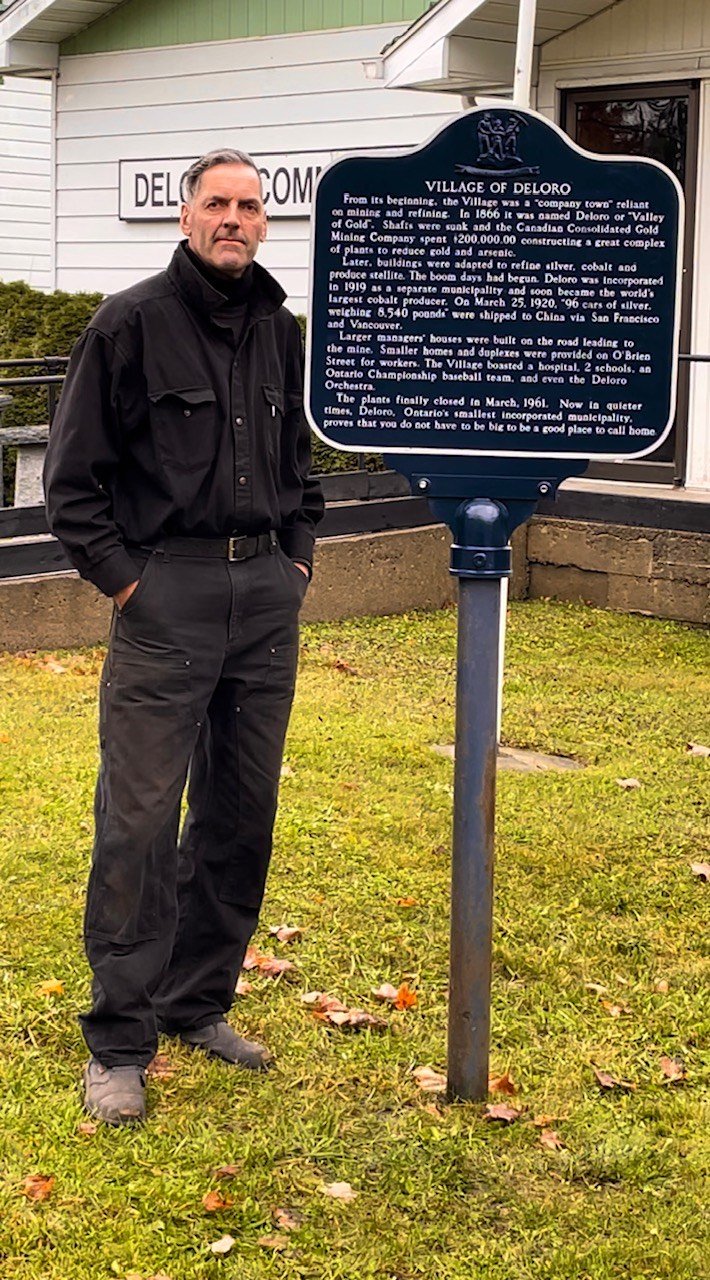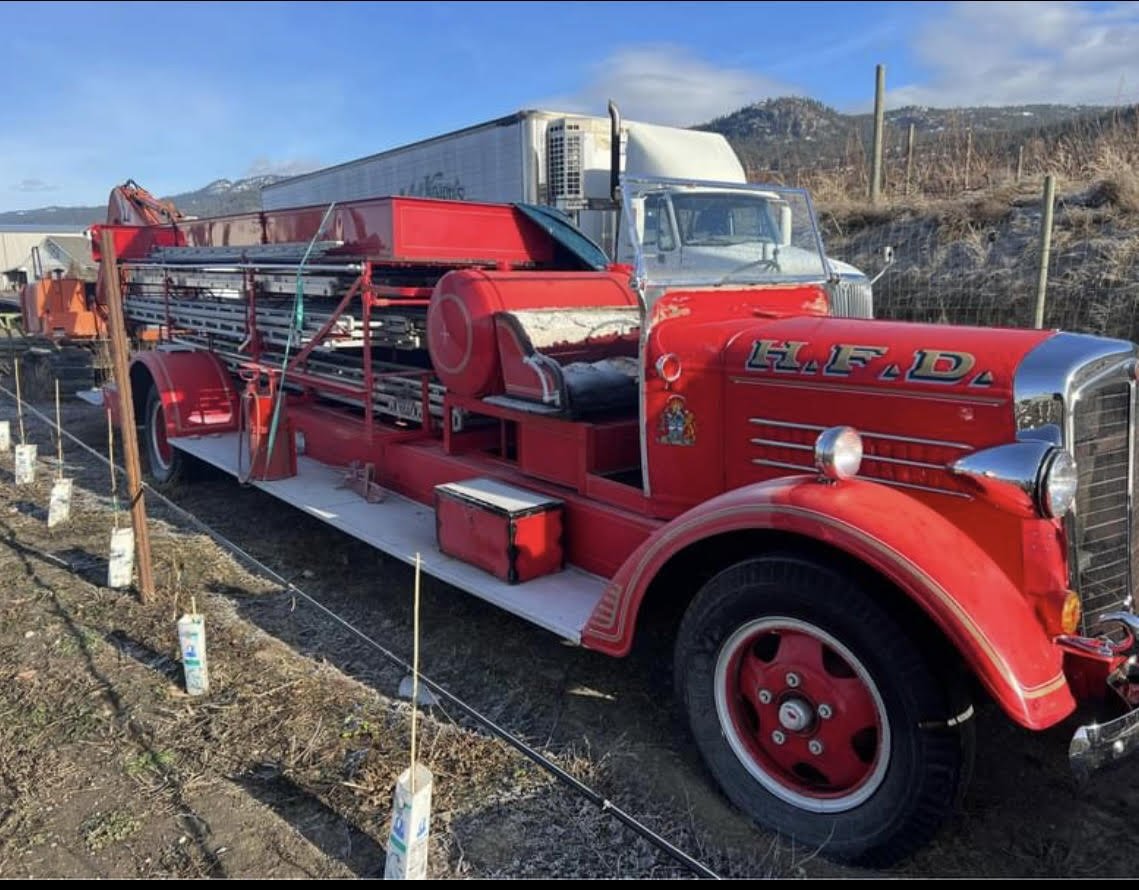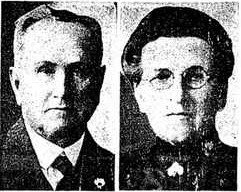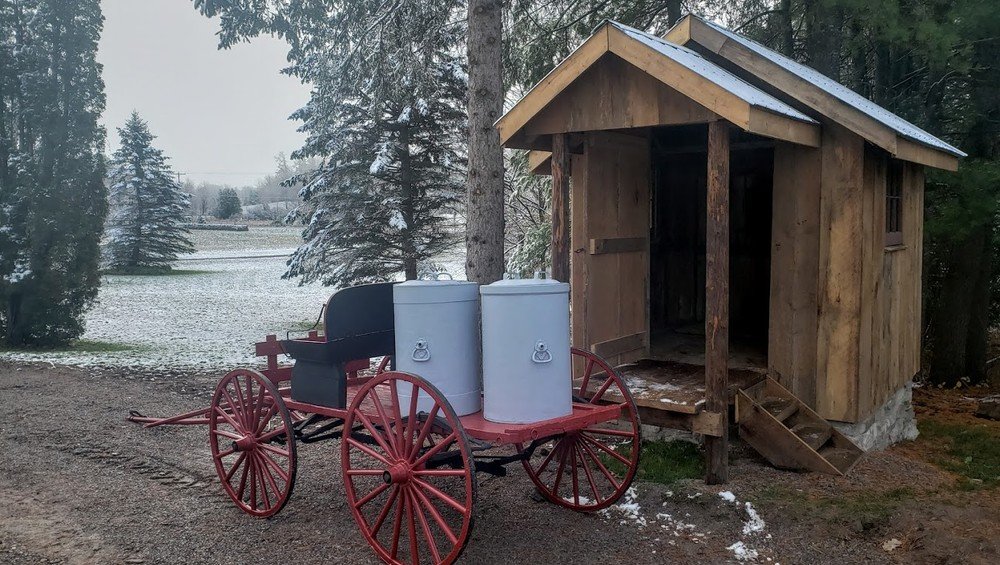Stories from the War
World War One
Memories and Memorabilia
THE CALL TO WAR
ORDINARY HEROES
The history of the 21st Battalion CEF Many men from the Marmora Madoc area served in the 21st Battalion during the Great War 1914-18. This is their story. A second edition of this book has been printed and now available as a soft cover. It contains all the information and nominal rolls that are in the 1st edition. This is a 400 page history of the 21st Battalion (Eastern Ontario Regiment) authored by Steve Nichol, a military history researcher. The product of 12 years of research this is the first history of an Eastern Ontario Infantry Battalion to be released in decades. The battalion’s history is told primarily through the stories the battalions' veterans submitted to the 21st Battalion Association's newsletter published from 1932 through to 1976. The book contains a complete Nominal Roll detailing the service details of the nearly 5,000 men who passed through the battalion from its inception in November 1914 until its demobilisation in May of 1919. This will be of great interest to individuals researching their family histories. The volume also has an Honour Roll providing details of all the men who died as a result of their service and a list of all the members who were awarded gallantry or meritorious service medals. The book includes many photos some of which have not been published before. This is a soft cover, 2nd edition being published by 21stbattalion.ca and available for $75.00 plus shipping. For more information, or to order, please email Al Lloyd at 21stbattalion@kos.net
WANTED
25 MEN AND UPWARDS FROM MARMORA AND VICINITY TO DRILL AND TRAIN IN MARMORA DURING WINTER MONTHS.
YOUR KING AND COUNTRY NEED YOU. THIS OPPORTUNITY MAY NOT COME AGAIN.
Captain Bleecker will be glad to furnish full particulars on request.
Marmora Herald 1915
Training Camp
Marmora Herald Feb. 22, 1917: "Members of Marmora Women's Institute met at the home of Mrs. Henry R. Pearce last Wednesday afternoon. During the past month, 75 pairs of socks have been sent overseas to Marmora boys and most of them going to France."
Wartime - c.1914 Charles Archilbald Bleecker 2nd from left
Wartime - c.1914 Charles Archibald Bleecker back row 5th from left
War -Memorial frame of deceased soldier with medals and coffin medallion
Charles Archibald Bleecker, 2nd Row centre 1914, George Emigh top right
Charles Archibald Bleecker, 2nd Row centre 1914
War-soldiers on Crowe River, with Pearce Lumber drivers
The floating of Canada's Victory Loan proved a huge success. Instead of the $150,000,000 asked for, the total subscribed for the whole Dominion was nearly $410,000,000. The Allotment for Hastings County was $805,000 and for Marmora Village and Township and Deloro was $42,000. Of this latter amount, Deloro contributed $27,750.00
WW1 Recruitment Rally
June 1, 1916
The 155th Battalion, which was authorized on 22 December 1915 as the '155th "Overseas" Battalion, embarked for Great Britain on 17 October 1916. It provided reinforcements to the Canadian Corps in the field until 8 December 1916, when its personnel were absorbed by the '154th "Overseas" Battalion, The battalion was disbanded on 17 July 1917. (Dept. of National Defence)
PORTER'S PEACE PICNIC Sept. 4, 1919
"Porter's Peace Picnic" was held last Wednesday afternoon on the Fair Ground and about 5000 people enjoyed the day of sports, music and speeches. Sir William Hearst, Premier of Ontario and Hon. T. W. McGarry, Provincial Treasurer were the chief speakers. Reeve R. T. Gray presented the Premier with an address. A pleasing feature was the presentation of a number of returned soldiers. Marmora, with a population of 900 sent 114 soldiers to the war. Twelve made the supreme sacrifice, one gave his sight, three were amputation cases and five won medals for valor. The following were presented with address and ring or lockets:
Pte. Wilbert Bedore
Pte. W. M. Gawley
Sapper P. E. Wiley
Sapper Sub-Lieut. F.J. Nick1e
Sapper J.C. Rupert.
Pte. Clinton Rose
Pte. Jos. O'Brien
Pte. James Nobes
Pte. Harold McWilliams
Pte. Dennis Logan
Corporal Roy Snell
Sergt. Percy Gray
Pte. Harold Osborne
Pte. W. Cronkright was killed overseas and a locket was presented to relatives on his behalf.
Ernest Garfield Runnalls (reynolds) pHOTO COURTESTY OF aL lLOYD
A GALLANT DEATH
The following letter was received by Mrs. Fraser Bowen of Marmora, regarding the death of her son, Laurence Grant Bowen, in France. (1918) (ID #OC0194451 flying for the R.A.F, 56 Squadron)
Estournal, France
May 6, 1918
Madam:
I have just received your letter of April 16th and feel happy to write to you and to speak of your brave son. Excuse me if I write in French, for fear you could not understand my English, I speak it so poorly.
Estournal, during the whole war, was under German rule. For a long time our village was nearest the front. On September, 1918, the Allies offensive brought the front nearer to us and the town was evacuated. We had then a period of long, sharp combat near the village. Airplanes were continually above us day and night. Fighting was going on all the time above us, sometimes so high in the air that we scarcely heard the machine guns and could not see the airplane. Every day planes fell around us and in the neighboring villages. It was terrible, it was sad, but we were happy for we felt that the Allies were advancing and victory was near at hand.
There were numerous German aviation camps in the vicinity, the nearest being at Boistrancourt, about a mile distant. On Sunday, the 15th day of September, airplanes were fighting above our heads the whole day. After Mass, at about 9 o'clock a.m. four allied planes passed very low, skinning the tops of the trees and houses. They did not throw any bombs nor did they fire a shot, but they learned the village was full of Germans, they must have been scouts, so after they were gone we were convinced the Allies were going to be informed, and that they would return without delay to do some work in the afternoon. In fact at 3:30 p.m. several loud reports were suddenly heard. I went out at once into the street and saw a cloud of smoke in the direction of the German aviation camps of Boistrancourt. Allied aviators had just thrown bombs there. At the same time I saw four Allied airplanes coming down very rapidly on the village. They set their machine guns in action and shot everywhere around us, the German soldiers fleeing into the cellars. It was both beautiful and tragic.
But now the German machine guns hidden in the hedges, began their work and bullets whistled everywhere and in all directions. My heart was aching, so strong were its beats, and I murmured ardent prayers, asking God to protect the brave men. They flew passed the village, but hardly two hundred yards away was a little German train unloading ammunition.
Although many machine guns were firing at the four airplanes, I saw the one that was last turn around and make for the train, doubtless to shoot or throw a bomb on it. The plane was then at the height of an ordinary tree. Suddenly, as it was turning, a bullet struck it and it fell to the ground, but the brave aviator had had time to hit the train, which began to explode and burn. The explosions lasted for several hours, and during that time it was impossible to come near the spot. I witnessed the unfortunate event and all the Germans who saw it declared that the aviator was a man or great courage and skill. If he fell it was because he wanted to hit the train. He succeeded in his last heroic deed. All honor to him and glory to his mother.
Once the explosions were over we tried to come near the spot, but in such cases the Germans never allowed us to lay our hands on anything. They would go themselves first, take all the papers, jewels and valuables, search the machine and clothes, and when they had taken everything and laid for the last time their sacrilegious hands on the body, then only were we allowed to come near. On arriving I noticed the bracelet on the arm of the poor dear boy. The Germans had overlooked it. I took it off gently but a German officer saw me and brutally took it from me. I was very sad about it for I should have liked to have had this souvenir to send to you.
Fortunately I had had time to read the inscription. I drew it aside and wrote it on a piece of paper so as not to forget it. It ran as follows "L. G. Bowen, R.A.F." If it had not been for that no one would have ever known the name of the brave boy. Weeping, I arranged the body. He was large and strong. I then had him laid in a beautiful chapel near my house, and it was there he passed the night. During that time other Allied aviators continued to come above us, but he was resting there. The people of the village came to see him and prayed for him. I had a coffin made and flowers brought, thinking of his parents. I saw he was a Canadian for on the buttons of his coat was the word Canada.
Laurence Grant Bowen
It was decided that the funeral would take place at five o'clock Monday afternoon. The German officers who had seen him fall said that he was worthy of Military honors. The commanding officer came in full uniform with his staff, a piquet of soldiers were lined up on each side of the coffin, the whole civilian population were present with the mayor and municipal council at their head. The funeral was very beautiful, the Germans correct, the French in tears. Death under such circumstances is so sad. The German commander allowed me to make a speech in honor of your dear child.
A few days after, alas, we were compelled to hurriedly leave our village, taking with us only some linen and went that way through Belgium and Holland. When we came back the village was almost destroyed, all our furniture plundered or smashed. It was for us a great desolation. At that time I met an aviation officer and told him the sad news about your gallant son. In the haste and confusion of our forced departure we had had no time to arrange the grave properly. The officer improved it by erecting a cross made from an airplane propeller as is the custom of the R.A.F. and he kindly offered me some money to keep it nice, but I refused, for it is my duty to watch over these dear graves. Today it is well cared for.
In our devastated country there are no photographers but as soon as I can have a photograph of the grave taken, I will send it to you. Your son, Madam, now rests under the shadow of my church spire, near my house. Every day I walk by him with respect, thinking of his courage and of his kind mother. I understand your sadness, but be proud also, for you have given a beloved son to a great cause.
I have received your money, which will be devoted to the memory of your dear child, whom I have adopted with all my heart. It was you who gave birth to him, it is I who buried him and committed him to the hands of God. May we meet him again in Heaven. If you wish to know of other things you may ask me questions and I shall willingly answer them. If you come to France my house shall be yours. I enclose a flower I picked from your son's grave.
Votre tout devous,
Er. Buisse
Oct. 21, 1915 The Silver Leaf Cheese Factory located on Lajoie Road at Deloro has given one day's make of cheese to the British Red Cross Fund. The men who haul the milk from their routes to the factory will do so free of charge and the cheesemaker also gives his service free to make the cheese. Four cheese blocks averaging about 75 pounds each were made from the milk gathered today.
THE CANADIAN DRAFT
The Military Service Act (MSA) that introduced compulsory service to Canada in 1917 contained vaguely worded language on the subject of conscientious objectors. It appeared to exempt several religious denominations from combatant service on grounds of conscience, but did not call the churches by name and failed to confirm whether religious objectors could be called to non-combatant service. Given the uncertainty, many religious pacifists found it easier to claim exemption as farmers rather than as pacifists because farmers could be excused from all forms of military service. (Canadian War Museum)
If you provided proof at a hearing in Ottawa, you were let off the hook.
The members of the local Platoon of the 155th Battalion made a somewhat spectacular arrest yesterday when they took Pte. Jan. Woodcock into custody as a deserter. They surrounded the house, pickets being placed along the railway track and in other directions, but Woodcock gave himself up without any trouble. He deserted in Gananoque and then went to Ottawa, riding the bumpers home from that place. The regiment from which Woodcock deserted has already left for England and the prisoner will be held here until orders are received from headquarters. - Marmora Herald April 13, 1916
Judging by the reports from all parts of the country, the Exemption Tribunals under the Military Service Act will have a busy time. There appears to be at least 25 applying for exemption for everyone registering for service. Marmora Herald Oct. 18, 1917
Here, a certificate delaying draft was issued to Joseph Green, living at the E1/2 of Lot 3, Conc. 9 in Marmora Township (Old Marmora Road). This certificate would have to be kept on his person, available for inspection at any time, and it entitled the farmer to a "Delay"..i.e. if needed, he could still be called to service.
By May of 1918, things had changed.
"About 25 young men from 20 to 22 years of age left Marmora Station yesterday morning to report at Kingston for military service, having been called out as a result of the recent Order-in-Council cancelling all exemption to men of the above ages."
THE SOLDIERS' WELCOME LEAGUE
On May 24, 1917 a meeting was held in the town hall to form a Welcome League. It was moved by S.B. Wright and seconded by T.E. Laycock that it be named "The Great War Marmora Soldiers' Welcome League". The object of the League was to suitably acknowledge the dead, wounded and those returning home from the Great War.
On Dec. 3, 1919, the Soldiers Welcome League held a supper and dance in honour of all our returned soldiers. It was hoped "that those who can bring a ladyfriend will do so". Supper was served in the Council Chambers and was to be followed by dancing from "8:30 to 2:00 a.m. to Spragues's Orchestra". - Marmora Herald Dec. 11. 1919
Capt. Yates, Deloro
Corp. H. F. Buchanan
Pte. Frank Grant
Sgt. Percy Gray
Pte. Herb Yatton
Corp. Roy Snell
Staff Sgt. J. West
Sap. S. Laycock
Sap. J. T. Rupert
Pte. Wilbert Bedore
Pte. Jas. Nobes
Corp. John Gibb
Pte. Wm Gawley
Pte. Herb Wright
Sgt. W. G. Kerr
Pte. Mat McGarvey
Pte. lsaac Wright
Sgt. Sub.-Lieut F. J. Nickle
Pte. Clinton Rose
Pte. Wilber J· Cronkrlght
Pte. Fred Reynolds
Corp. .A. Archer
Pte. A. Bartlett
Sgt. W. J. Cottrell
Pte. Harold McWilliams
Pte. Dennis Logan
Pte. R. A. Southworth
Sig. Eric. Holt
Pte. John Neill
Sap; P. E. Wiley
Pte. Harold Osborne
Lance-Corp, Ross Cronkrigh
Pte. H Harris
In Memoriam Pte. Jos. Reynolds.
A Supper and Reception given by Marmora Soldiers Welcome League to the men who enlisted here for over-seas service was tendered in the Town Hall on Dec. 3rd, an account of which had to be held over until this week. Mr. and Mrs. Thos. Potts catered in a very creditable manner.
Spragg's Orchestra furnished music which was much enjoyed. The following returned men were presented with diplomas, rings or lockets
Among those present was Pte. Michael McFarlane, who was one of the first to enlist from Marmora. During one engagement on the Western Front, he had the great misfortune to lose his eyesight. Mr. McFarlane was presented with a special token of esteem in the form of a fine leather Club bag, for which he expressed his thanks.
Locket presented to Pte John Laird on April 22, 1919
Soldier’s Welcome League Marmora, pte John Laird, #536315, 21st Battalion, April 22, 1919
DELORO PATRIOTIC SOCIETY
Marmora Herald Dec, 7, 1922 Deloro unveiled a Memorial Tablet in honourof the men of the village who died in the Great War. Mr. Bapty announced that this was the final act in the history of the Deloro Patriotic society, the funds from the organization being used in the erection of the tablet.
Dead are: J. Caldwell, George C. Hopson, W.A. Lonmuir, F. Loveless, Neil McDonald, Alex McFarlane, . Reynolds, T.P. Wins and Harry Woodacre
Edward Mark Gladney shaking hands with the Prince of Wales (Edward VIII)
ENLISTED IN MARMORA.........
Ernest Garfield Runnalls, who joined the 155th Battalion in Marmora Ontario in January of 1916. After a lengthy stay in England, he transferred to the 21st Battalion, joining them at the front in March of 1918. On August 6, he was among those of “A” Company that were killed when an enemy artillery shell exploded an ammunition dump that the company was passing, killing Private Runnalls and 17 others.
1916 Certificate of Service for Gordon Cecil Toms, Photos sent to us by Colleen Bryans
It wasn’t until 1917 that war service was compulsory. This Certificate of Service was issued to Gordon Cecil Toms as he volunteered at the Marmora Town Hall on March 25, 1916
Pte. Toms trained in Barriefield, (Kingston) but he didn't quite measure up to the physical standards at the time. The minimum height was 5' 3", and age 18. He was discharged on August 23, 1916 for being both under 17 years of age and 'undersized'. G. Cecil Toms died in 1956 at the age of 57. His final resting place is Maple Grove cemetery, Havelock
